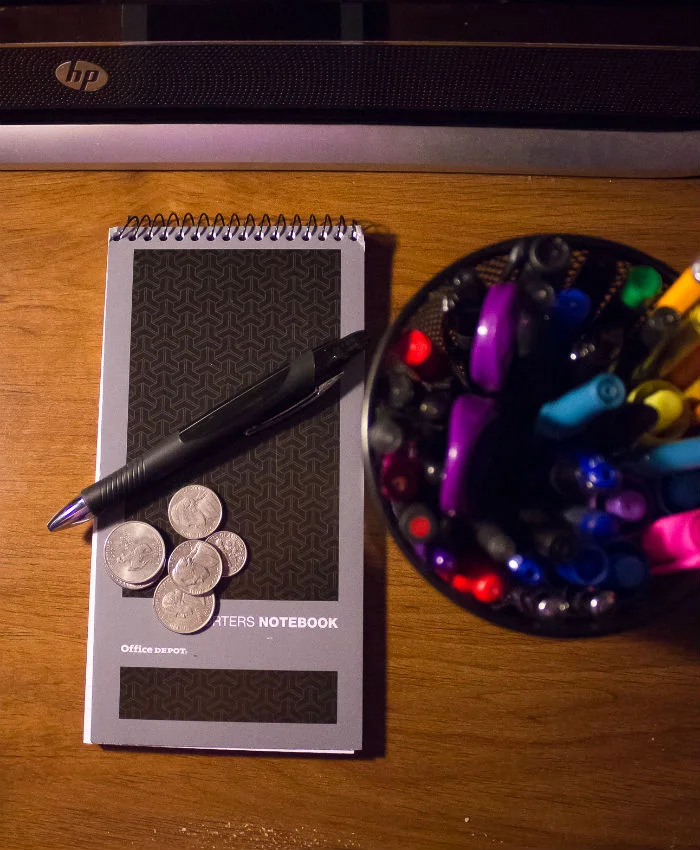Basic tax prep tips for freelancers
Back when I had only regular jobs and internships, tax time was relatively simple. I brought my W-2s to a local tax preparer, talked my return through with a tax professional, filed my taxes and got my refund. Those were the days.
Now that I’m working part-time and freelancing, my taxes are a bit more complicated. I made mistakes my first year of freelancing and I had to rectify them the following year. Independent contractors have an added burden of taking care of the business side of things as well as the creative side.
It’s boring. It’s annoying. But it has to be done. Here are some tips for making tax season a little easier:
Get an expense tracking system in place. When I first started freelancing in early, I made invoices in Excel templates and I didn’t keep track of when they were due. Some of my clients paid on time, others didn’t. Once I filed my taxes that April 2015, my tax preparer advised me to keep track of my receipts using an app called OneReceipt, which shut down last summer. But I wanted something more holistic. I turned to Wave, a free online and mobile accounting system. (I still keep my paper receipts just in case). Wave connects to your business bank account, tracks your expenses and organizes your invoices. It also has mobile apps for tracking receipts and sending invoices. Its online platform generates balance sheets and other reports and creates infographics that show where you spend the most money. You could also use other platforms like Freshbooks for similar services.
Find an accountant. When you’re tax returns are fairly simple, you can use tax software like H&R Block or TurboTax to file electronically. But if you’re a recent grad who freelances, you’ll have 1099s from clients, maybe a W-2 form from a part-time or full-time job and a 1098-E if you’re repaying federal loan debt. An accountant will be better able to guide you through the filing process to find overlooked deductions. They can also help you figure out how much you need to pay in quarterly taxes. Don’t know what to look for in a CPA? Here’s a great Forbes article with key questions.
Remember your quarterly deadlines. Because you don’t have an employer taking taxes out of your paycheck, you’ve got to set aside the money yourself. Talk with your CPA about how much you’ll need to pay before each IRS deadline. Do this in order to avoid penalties.
Practice some self-care before and after. Do some yoga. Go to the gym. Do whatever you need to do to get yourself in a positive mindset. Of course, our tax money is going toward government services that we all use, but paying taxes feels like a drag at times. Gather your forms, take a deep breath and get it done.
What are your strategies for getting through tax season? Leave a comment or email me at contact@thefreelancebeat.com.





